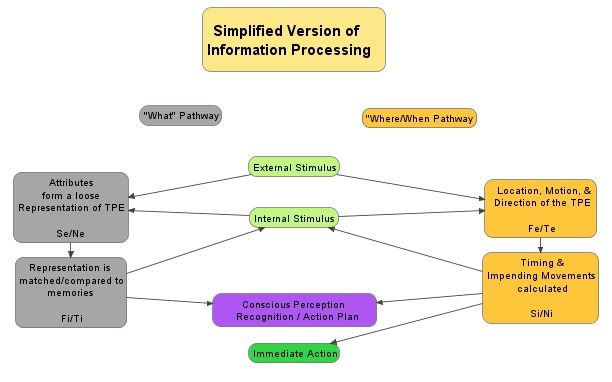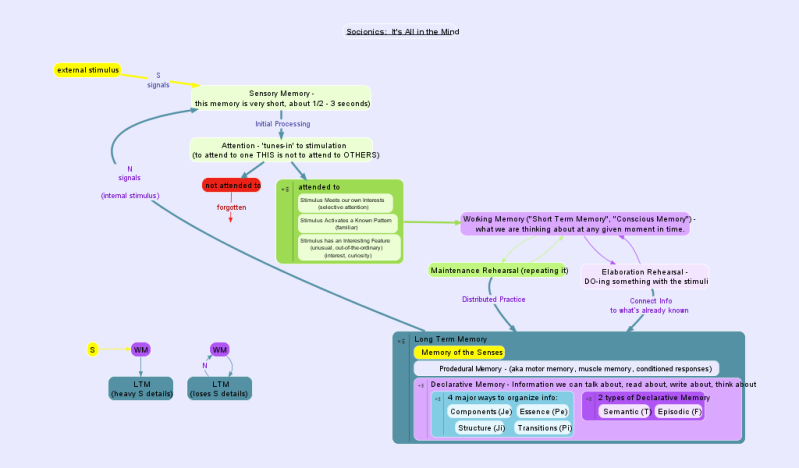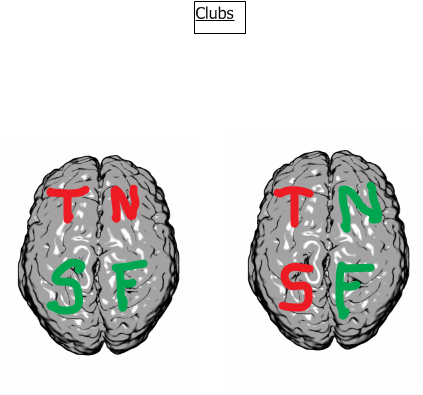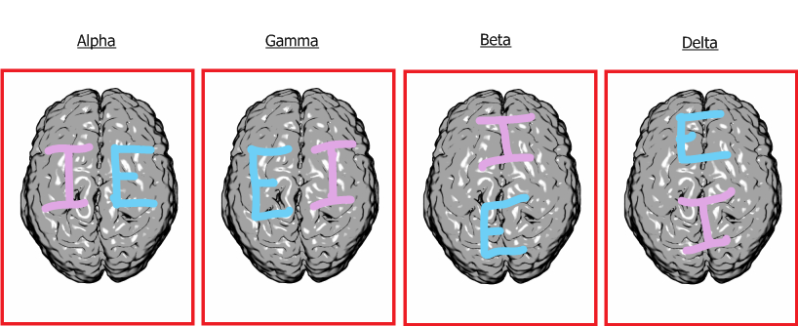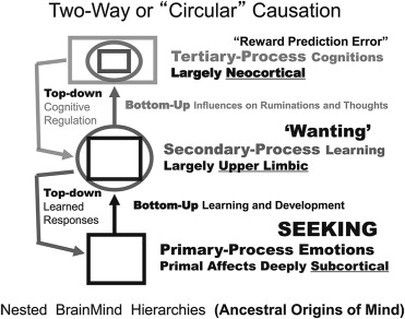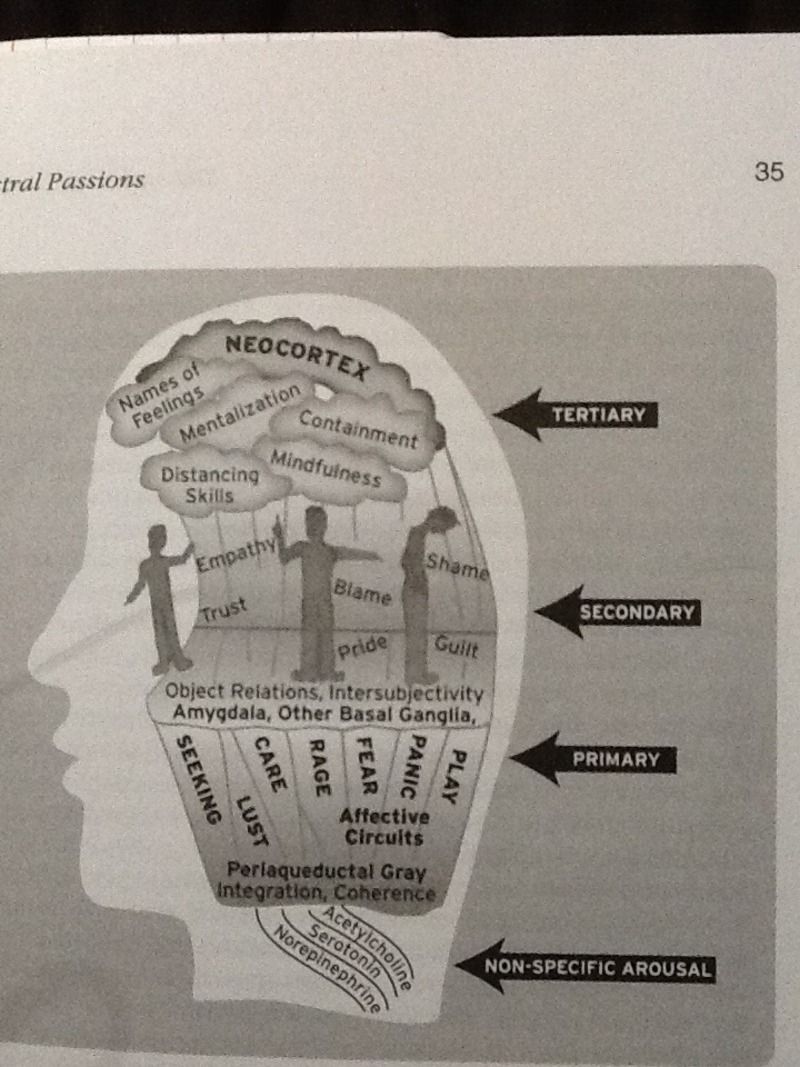3 MYTHS ABOUT INTUITION EVERYONE SHOULD KNOW
Heather February 7, 2017
Connecting To Spirit, Higher Self, Intuition
3 myths intuition everyone know
INTUITION IS A HOT TOPIC, BUT STILL A VERY MISUNDERSTOOD CONCEPT.
While we’ve generally accepted the idea that trusting our gut instinct is the fastest and surest way to make better decisions and create a happier life, not all of us are peachy-keen to ‘follow our heart’ to see where it takes us.
Debunking the misconceptions about intuition will make it easier for you to more fully trust your intuitive abilities. Here are three commonly held myths about intuition you should know.
MYTH 1. INTUITION IS A SPECIAL GIFT
The ability to send and receive ‘intuitive’ information isn’t a special ability some people are born with while others aren’t. All human beings are intuitive beings. Intuition is natural occurring skill not a ‘gift.’ Just like you can learn how to play a piano or ride a bike, you can learn to harness and hone your innate intuitive power.
This is a confusing concept, because the idea that intuition is a skill seems to fly in the face of what we know about intuitives themselves. After all, most people who are highly psychic or intuitive seem to have just been “born that way.” And that’s true. They are, but it’s not a gift.
Intuitive people are simply born with their intuitive “baseline skill” set at a higher level than your average person. This shouldn’t be surprising, because we see this happen with other skill-sets as well, be it musical, academic, athletic (you get the point).
Just like Kobe Bryant’s got an incredible talent for basketball, or Beethoven had an insane knack for ticking the ivories, intuitives have a talent for picking up on energy that’s outside the typical human sensory range and communicating it well to others.
With practice, you can learn how to do it too.
MYTH 2. INTUITION IS SUPER-NATURAL
Not even close. Intuitive communication is as natural as breathing. We view intuition as being super-natural because it operates outside the ‘typical’ way in which we define or conceptualize communication (the perceiving, gathering, and sharing of information). In other words, we view ‘normal’ human communication as talking, writing, reading, and seeing/observing, not as intuiting subtle forms of energy.
But just because intuitive communication takes place outside the mainstream definition doesn’t make it super natural.
Current research has revealed that intuitive information is communicated energetically via our heart’s electromagnetic field. Our ability to do so doesn’t break any of the physical laws of nature, therefore intuition literally isn’t and can not be super-natural (outside natural law).
You send and receive intuitive information every moment of your life, and you do this as naturally, effortlessly, and unconsciously as you blink or breathe. So while being intuitive seemingly falls rather nicely into the realm of esoterica, the truth is that it’s a totally natural occurring phenomena that’s well understood and explained by science.
MYTH 3. INTUITION IS SPIRITUAL IN NATURE
While it is true that most people who are highly intuitive or who desire to be so express an affinity or interest in the esoteric, it doesn’t follow that intuition itself is fundamentally spiritual. Intuition is a form of human communication that gives us access to a broad range of physical and non-physical sources of information and intelligence.
Even if your intuitive abilities allow you to connect with super-human intelligences (spirit guides, angels, Higher Self, etc.) the function through which that dialogue is taking place (your intuition) is still a human one and terrestrial in nature.
Also, it’s entirely possible for a person to be highly intuitive but not necessarily need to or want to have anything to do with spirituality, evolving into a better person, or connecting with something or someone divine. After all, history is replete with examples of people who were intuitive as hell, but did perfectly horrible things with it.
I believe it’s accurate to say that intuition is more creative in nature than spiritual. Although, how a person choses to employ their intuitive skill can definitely change flavor of it. I personally characterize my own intuitive experiences as being very spiritual, but I understand that’s a perspective I’ve chosen to hold, rather than something inherent in my experience of it.
And there you have it!
I hope this helps you embrace the idea that you are an intuitive being capable of developing this powerful skill in order to enhance and enrich your life, No super-powers are necessary, but you will feel like you’ve got them once you get really good at it!
https://heatheraliceshea.com/3-myths...e-should-know/





 Reply With Quote
Reply With Quote


